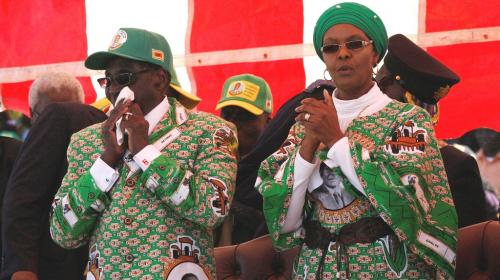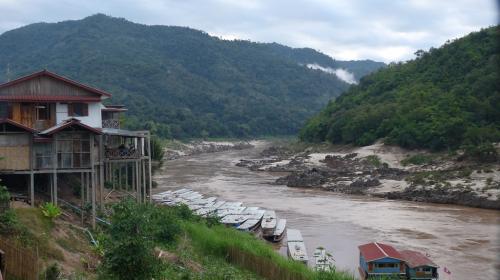This week, Zimbabwe’s military take President Robert Mugabe into custody during an attempted coup; China and ASEAN agree to begin talks on the South China Sea; the fifth round of NAFTA negotiations begin in Mexico City; and more.
Afghans who helped the U.S. military are facing death threats as they await scarce special visas. Pacific Council member Steve Miska discusses the importance of protecting local allies in this KPCC story.
Developing its South China Sea strategy is one of the most urgent and challenging tasks facing the Trump administration, writes Nina Hachigian in Foreign Policy.
Southeast Asian nations need to better coordinate their counterterrorism efforts following the battle against ISIL militants in Marawi City, the Philippines, write Dane Chamorro and Bill Dickey.
The U.S. government must pay attention to new messaging platforms that allow terrorists to communicate and complicate U.S. national security efforts, writes Marc Nathanson.
Governments should be asking themselves how blockchain technology will impact the international stage and how it should be regulated, writes Alexander Blum.
A Pacific Council delegation recently traveled to Brussels and The Hague for high-level meetings with officials from NATO, the EU, the IMF, the German Marshall Fund, the ICC, and more. Read about highlights from the trip.
This week, President Trump visits Asia on his fourth foreign trip; 17 Saudi princes and officials are arrested in corruption sweep; COP23 climate conference kicks off in Germany; and more.
Common diseases that affect millions of people on all continents—such as arthritis—are often overlooked and underfunded, leaving a gap in care, writes Carolyn Miller.
China can use its influence on the Mekong River to realize its geopolitical goals, writes Sam Casella ahead of our inaugural Water Conference.










